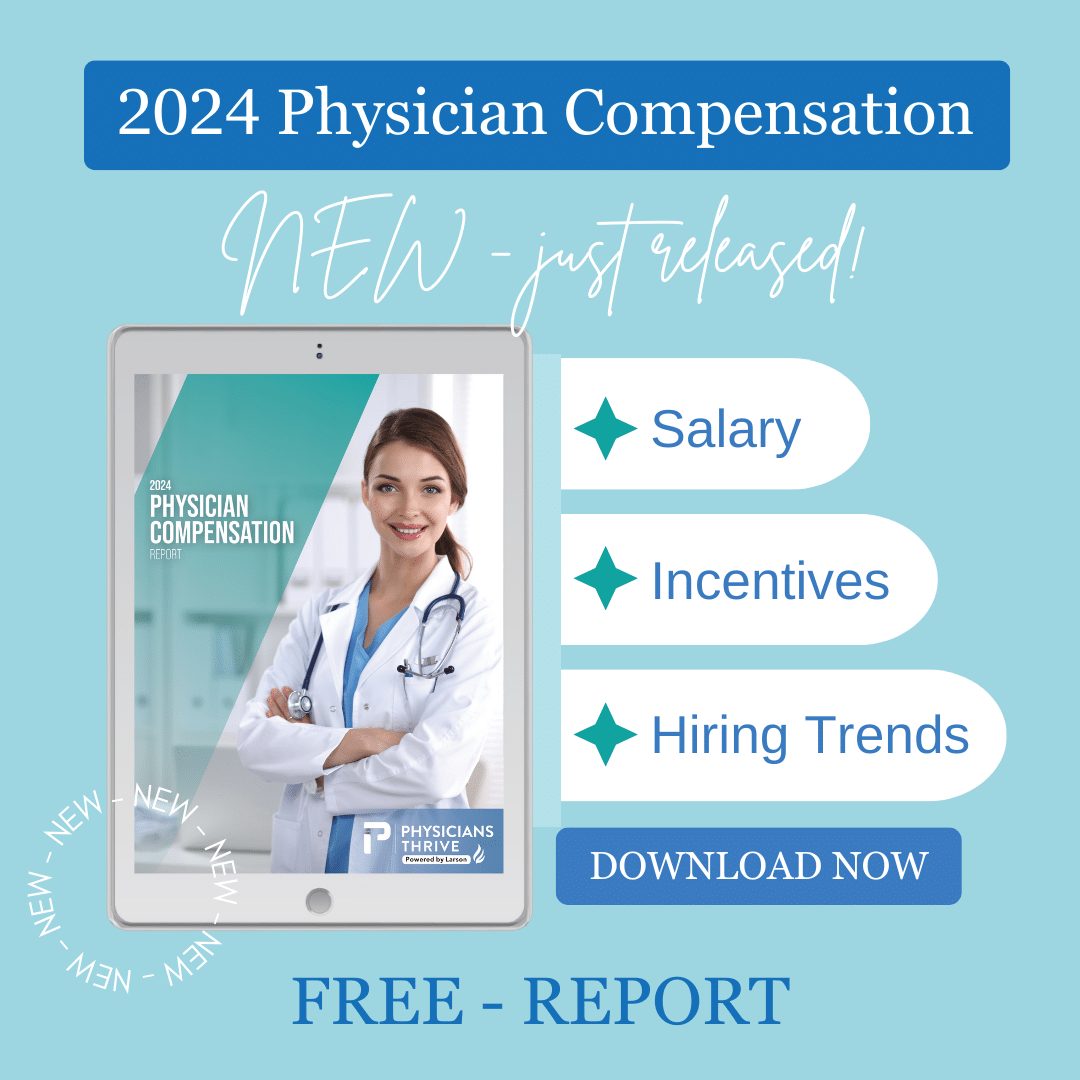Fully protect the investment you have made in your earning potential
Physicians often share other disability plan ideas they have been told about. We love when this happens so we can help them compare their options. But there is a concerning trend in these plans. We are seeing a shift in the definition of “total disability.” As a result, this shift leaves physicians exposed to risk. This risk often comes without significant cost savings when compared to more comprehensive plans. These plans are being marketed as being physician-specific because they cover occupations in the medical field. However, we would like to highlight the main difference from the “true own occupation” plans we recommend to our physicians. This difference might outweigh any premium savings. In addition, these methods can help you avoid any short changed issues that may occur due to short-sighted savings.
The Fine Print Really Matters
Review the language in these two plans:
Plan A
“They consider you totally disabled if, solely due to injury or sickness, you are not able to perform the material and substantial duties of your occupation, even if you are gainfully employed in another occupation.”
Your occupation means the occupation(s) you are in during the 12 months prior to the time you become disabled.
If you have limited your occupation to the performance of the material and substantial duties of a single medical or dental specialty, we will call that specialty your occupation.”
Plan B
“The insured is totally disabled when both unable to perform the principal duties of the regular occupation and not gainfully employed in any occupation.
If the insured can perform one or more of the duties of the regular occupation, they consider them totally disabled if:
Now, let’s apply each plan above to this scenario to help show the differences. Dr. Johnson is a cardiothoracic surgeon who can no longer perform surgery.
With Plan A, if Dr. Johnson’s policy defined her medical specialty as “cardiothoracic surgery,” they would consider her totally disabled. She would be eligible to receive total disability benefits. But she may still earn an income now as a general cardiologist.
With Plan B, Dr. Johnson would need to remain unemployed to collect total disability benefits.
Related: Cardiologist Salaries [High-Salary Specialties]
Are the Savings Worth It? Avoid Short-Sighted Savings
Often, the difference in premiums between these two options is not significant. Some plans even promise future benefits, to offset premium costs. However, we cannot guarantee those future benefits. But look at what Dr. Johnson has to gain with Plan A. She can collect total disability benefits AND still continue to work full time in a related field as a cardiologist. With Plan B, she may choose to go back to work as a cardiologist. However, she will not qualify for “total disability” benefits. Of course, this is a general example, and every case is unique. Carriers will consider all the facts of each situation to decide how they will pay out a claim. But language preventing future employment, like in Plan B, limits your flexibility. Plan B also limits your income potential if you become disabled.
You have made a significant investment in training for your specialty – an outright investment of tuition, plus the opportunity cost of delayed income and investment. Is the difference in premiums enough? You may lose the opportunity to make the maximum return on your investment in training. Don’t shortchange yourself. You can protect your long-term returns on that investment and avoid the short-sighted savings today.
Get Your Free Disability Insurance Quote! It’s easy!
In addition to disability insurance, we also help physicians with contract review and neogtiation, wealth management, life insurance and much more! You’re the medical expert, we’re the financial experts. Contact us and let us help you in all areas of your financial life.







































